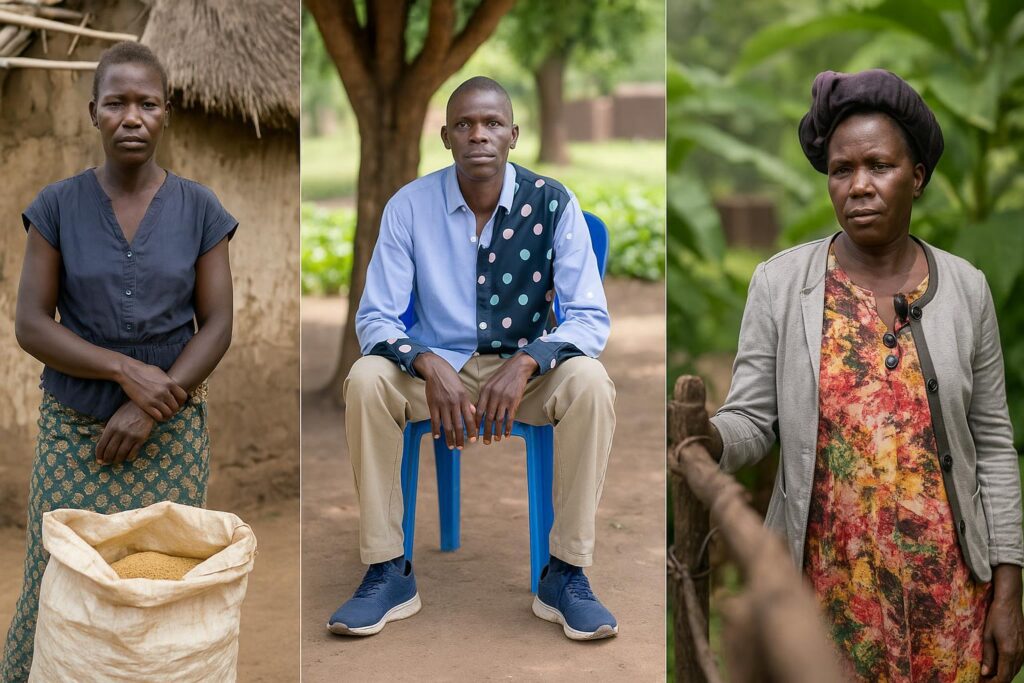Aid Cuts Ripple Across Palabek
When Washington halted a US$15 million grant earlier this year, hope dimmed in Palabek Refugee Settlement in northern Uganda. Nearly 100,000 South Sudanese exiles and thousands of local Ugandans had counted on the injection to start tiny enterprises.
The Graduation to Resilience scheme, managed by AVSI Foundation, offered US$205 and three years of coaching to each participant, an amount modest by global standards yet transformational in a district where average earnings hover below US$800 annually.
Inside the Graduation Approach
Pioneered across several continents, the Graduation model blends seed capital with mentorship, savings groups and psychosocial support. Randomised evaluations have linked the mix to lasting income gains, healthier diets and improved self-confidence.
In Palabek, coaches had already mapped business ideas: goat rearing, cassava chips, small shops. Training calendars were printed, demonstration gardens tilled and 140 Ugandan staff recruited before the abrupt letter from Washington voided the grant.
Lives Put on Hold
Santa Angwech, 26, had planted cassava in anticipation of expanding a snack stall. When the cancellation text arrived, she says she felt “completely hopeless,” yet refuses anger: “You cannot resent someone who declines a gift; you only keep praying.”
Village elder Akim Joseph Yanga had planned to buy five goats. He now mediates rising domestic disputes and occasional thefts inside the settlement. “Let us be resilient,” he urges neighbours. “God will not forget us.”
Former teacher Okot Bosco lost a coveted coaching job and the salary earmarked to repay a shop loan. Forced back to casual farming, he reflects that American soft power quietly erodes when promised help disappears.
Local Voices and Global Debates
Lamwo District officials argue the cut should have been phased, giving communities time to adjust. They worry about tensions between refugees and hosts competing for land, water and firewood without the planned economic cushion.
The State Department offered no public explanation beyond stating certain projects no longer aligned with United States interests. Aid analysts note that, per capita, Ugandan settlements cost donors far less than crises that spiral unchecked.
Looking Ahead for Refugee Resilience
AVSI continues to search for alternative donors and has maintained community savings groups on a volunteer basis. However, without start-up capital, most households revert to subsistence rations and occasional field labour.
Regional policymakers say the episode underscores the vulnerability of programmes built on single funding streams. Diversifying partners, including African private investors, could shield future projects from geopolitical swings.
For families in Palabek, the dream of “graduating” from poverty is delayed, not cancelled. As Yanga puts it, “The Samaritans will come.” Until then, resilience is both slogan and daily struggle.


